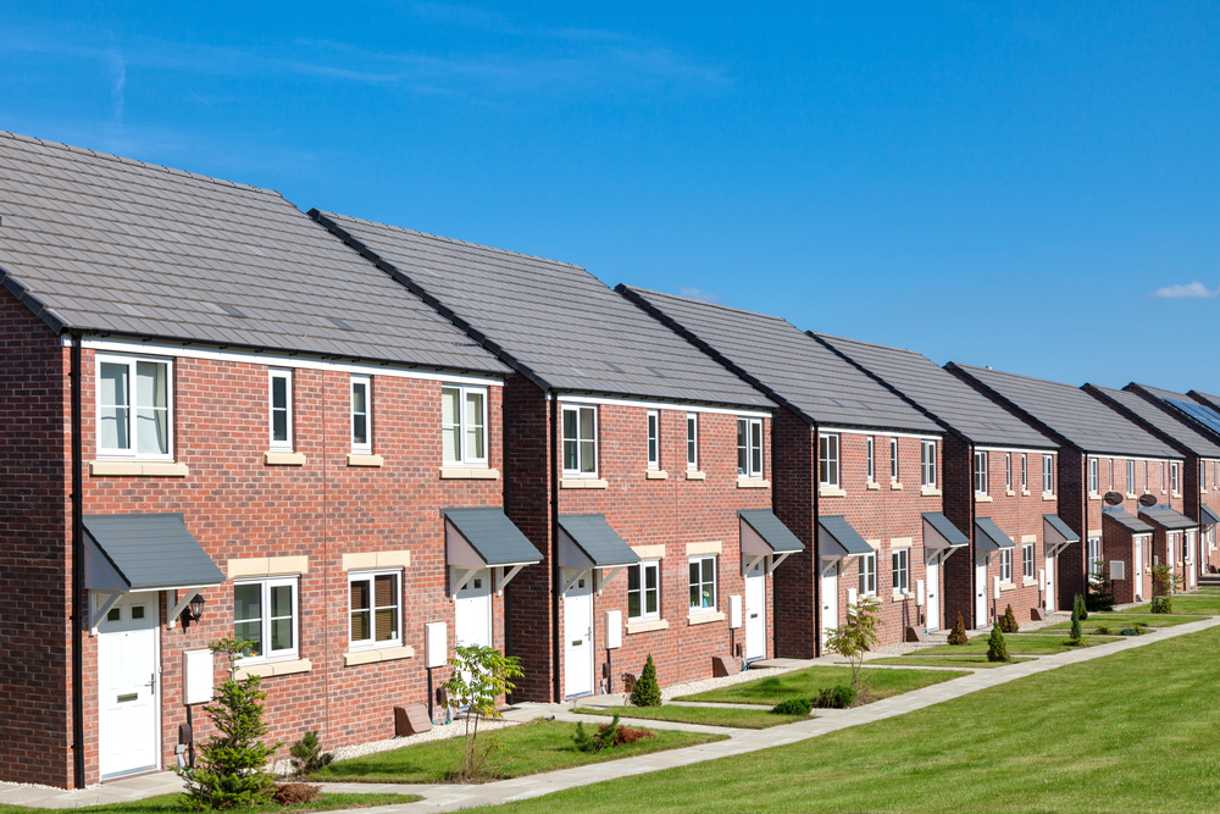
If you have a low-income and cannot afford to buy a home of your own, your local council can help with finding somewhere for you to live and helping you to pay some of your rent costs. Local councils, and housing associations, can help find you a home that is suitable for your needs, whether you are homeless, living in poor conditions or need to be near specialist facilities.
Eligibility depends on nationality, immigration status and if you have recently lived abroad. Each council has different rules about who can qualify and get social housing. If you are British, living in the United Kingdom, and haven’t lived abroad recently, you are most likely to be eligible. To check this, councils run a habitual residence test.
You are most at risk of not being eligible for council housing support if you are a British citizen who has been living outside of the United Kingdom, Ireland, the Channel Islands and the Isle of Man for some time. If you are not entitled for support at the first time you apply, you may be eligible a few months later.
Council housing and housing association (HA) homes are very similar, offering a variety of houses suitable to cater to the needs of any person or family that needs help – often people on a low income or who need extra support. In housing association homes, rents are subsidised. Depending on what type of tenancy you are offered, you could pay around 50% to 80% less than local private rents.
For a majority of areas, most social housing is run by housing associations. Many councils have now transferred almost all of their accommodation to housing associations throughout the UK. Housing associations tend to offer housing to people most suited to a particular property, which means you may have to wait a long time for a suitable property to become available.

Photo credit: Ewelina Wachala/Shutterstock
Every council has its own allocations policy for social housing, and gives priority to certain groups of people. There are council leaflets available that explain their policies, and they are often found at your local council housing office, your local library, community centres and online. Visit the Gov.uk website to find your local council’s website and details.
For the most part, British citizens are eligible and can apply for social housing in the UK. But this is not the case for everyone that applies. It is important that you look up your local council’s policies before you apply as policies vary from association to association.
To apply for council housing support, you should enquire at your local council offices. Most councils have application forms on their website, and you can also contact your local council directly for an application form.
The information you include on your application form helps the council decide if you're eligible and how much of a priority you are. Your application should explain in detail about any special needs, difficulties or issues you and your family have. In addition, you should provide any other relevant information that will help your case, such as if you are overcrowded, have been harassed, subject to domestic violence or if your home is in disrepair. Be aware, you may need to get letters written from professionals to support your application.
If you need any help with filling in your application, ask your local council. They must help you with your application if you find it difficult to complete. You can also visit your local advice centre, such as a Citizens Advice Bureau. Check on the Shelter.org website to find your nearest advice service.

Photo credit: fizkes/Shutterstock
Housing benefit is a payment made by the council to help pay your rent. You can be accepted for housing benefit if you are on a low-income, are on other benefits or if you are working.
Although it is important to note that Housing Benefit and Income Support, income-related Employment and Support Allowance and income-related Jobseeker’s Allowance are gradually being replaced by a new benefit called Universal Credit which can include amounts to help with either rent or mortgage. Pension Credit will remain and in the future, will include amounts for rent as well as mortgage costs.
Housing benefit is for people who rent and who part-rent through shared ownership. In order to be eligible for housing benefit, your savings much total below £16,000 (unless you are getting Pension Credit). You or your partner can claim housing benefit – it doesn’t matter which of you is named on the tenancy agreement.
It is worth noting that you may not be able to claim if you pay rent to a family member.
To claim housing benefit, you must contact your local council either through their website, in writing or calling them. It is advised to make your claim as soon as you can, complete with the correct details and evidence, in order to get the claim processed quickly.
You can also claim housing benefit through your local jobcentre or the pension service. If you apply through these services, they will forward your claim to your local council. It is advisable to call your local council after a couple of days to ensure they have received your claim. The contact details of your local housing benefit office can be found on your local council’s website.
Dependant on whether you rent from a council or housing association, or rent as part of a shared ownership home, or you rent privately, rent is calculated in different ways according to your income and circumstances.
If you rent from a council, your housing benefit is paid directly into your rent account. If you rent from a housing association, your housing benefit it paid straight into your bank account. You can sometimes ask to have your housing benefit paid directly to your landlord, or an appointee, if you are concerned about managing your money.
However, if you rent privately, your rent is calculated using the local housing allowance (LHA) rules. The LHA has similar rules and regulations as the housing benefit, but there are some extra that apply which limit the amount of help you can receive. It is usually paid direct to you rather than your landlord and is made every two or four weeks.
If you are working more than 16 hours per week (or 24 hours per week if you are part of a couple) then you won't receive the maximum LHA rate, but will still receive some LHA if your income is low enough.

Photo credit: Watchara Ritjan/Shutterstock
If you are working, your housing benefit is reduced by 65p for every £1 of your income which is above the amount of the government decides you need to live on. If you live with a partner, their income is taken into account too.
(Some income is ignored, such as child benefit)
You can get housing benefit for as long as you may need it, unless your situation changes and you no longer are classified as eligible. If there are any changes in circumstances to your finances or lifestyle, you should inform the council immediately – this can affect how much benefit you are allowed.
Calculate how much housing benefit you would receive by heading to turn2us.org.
